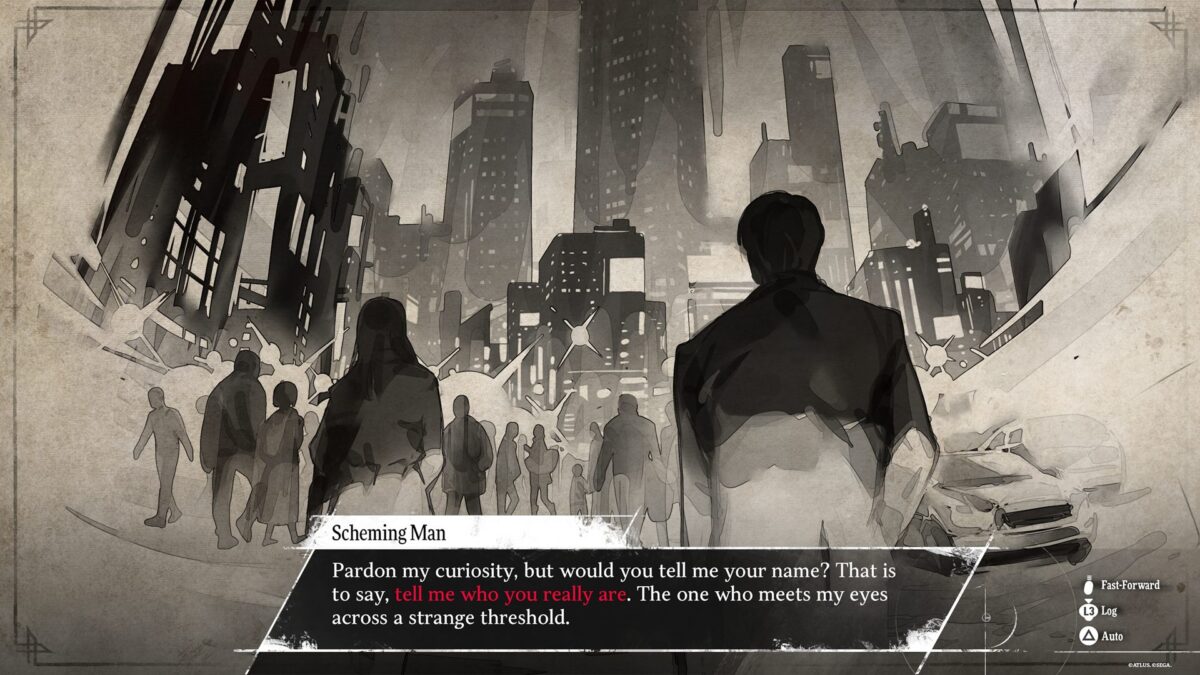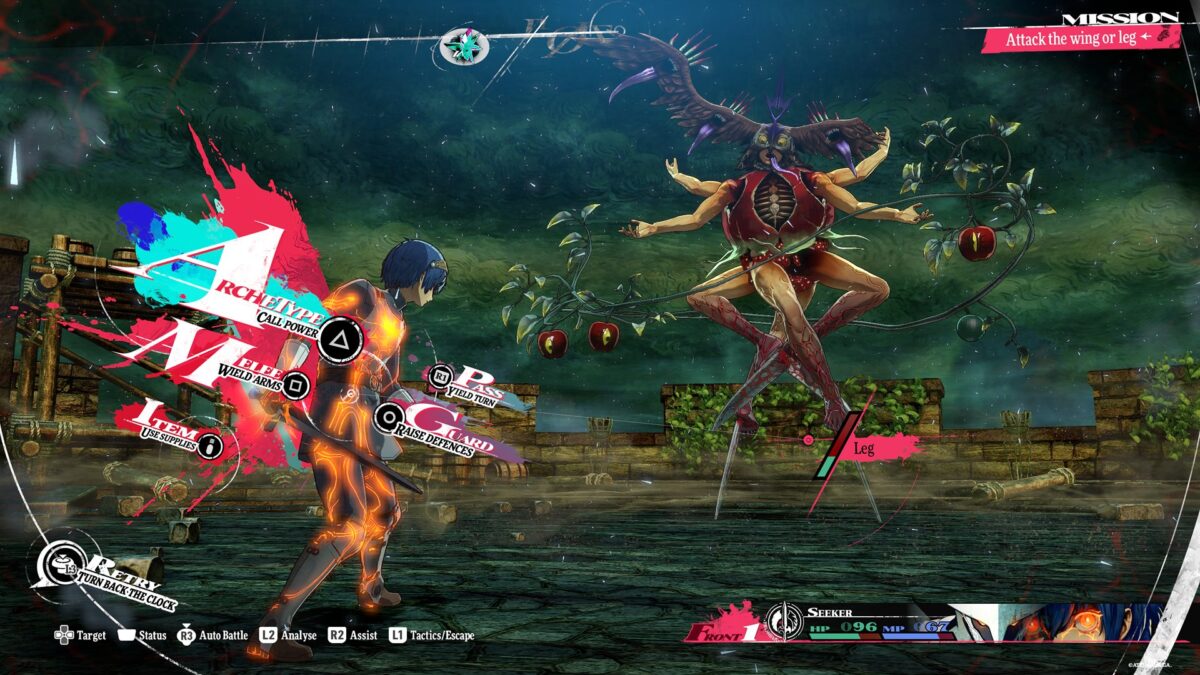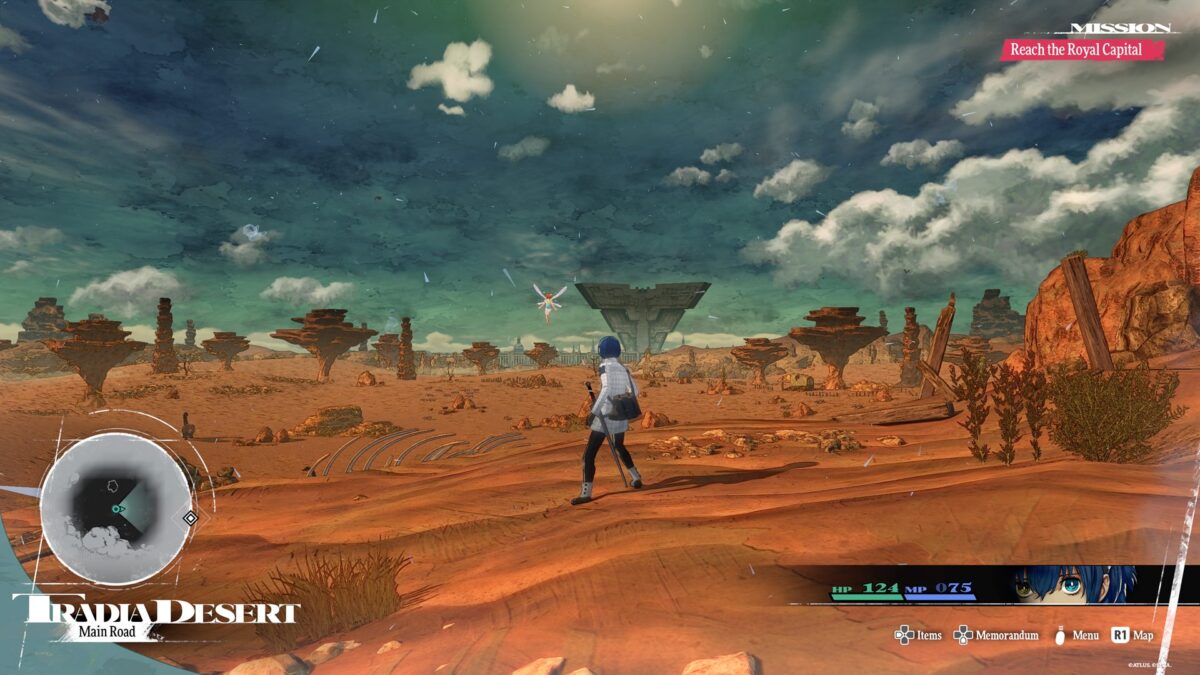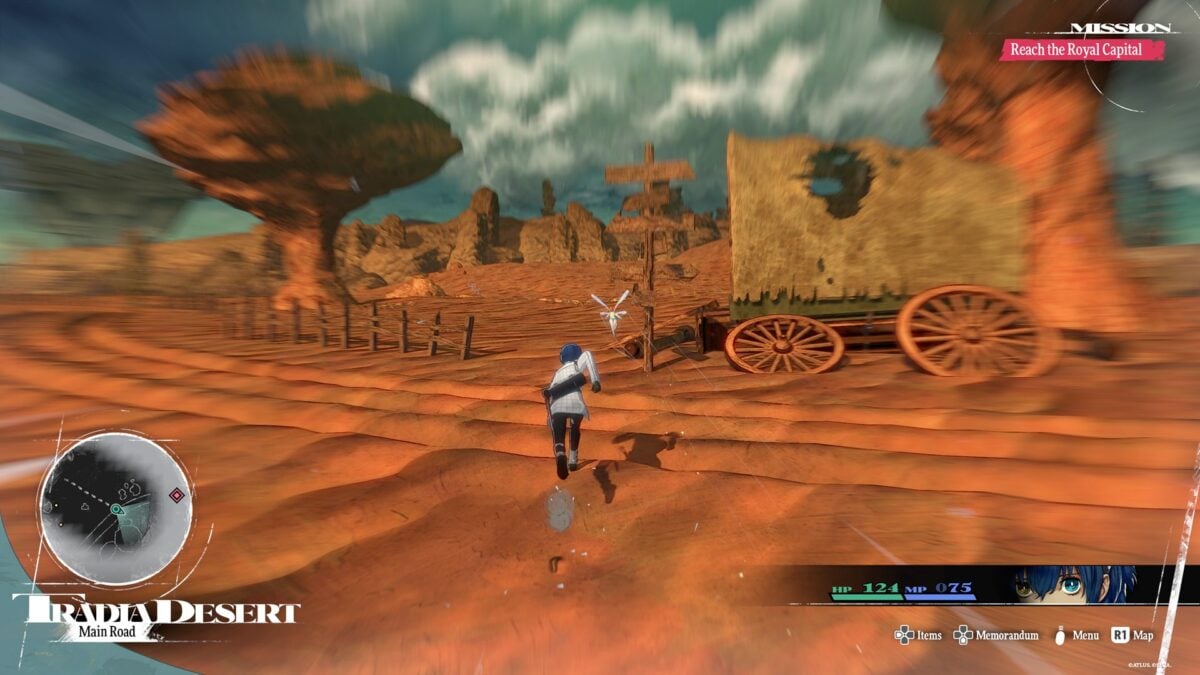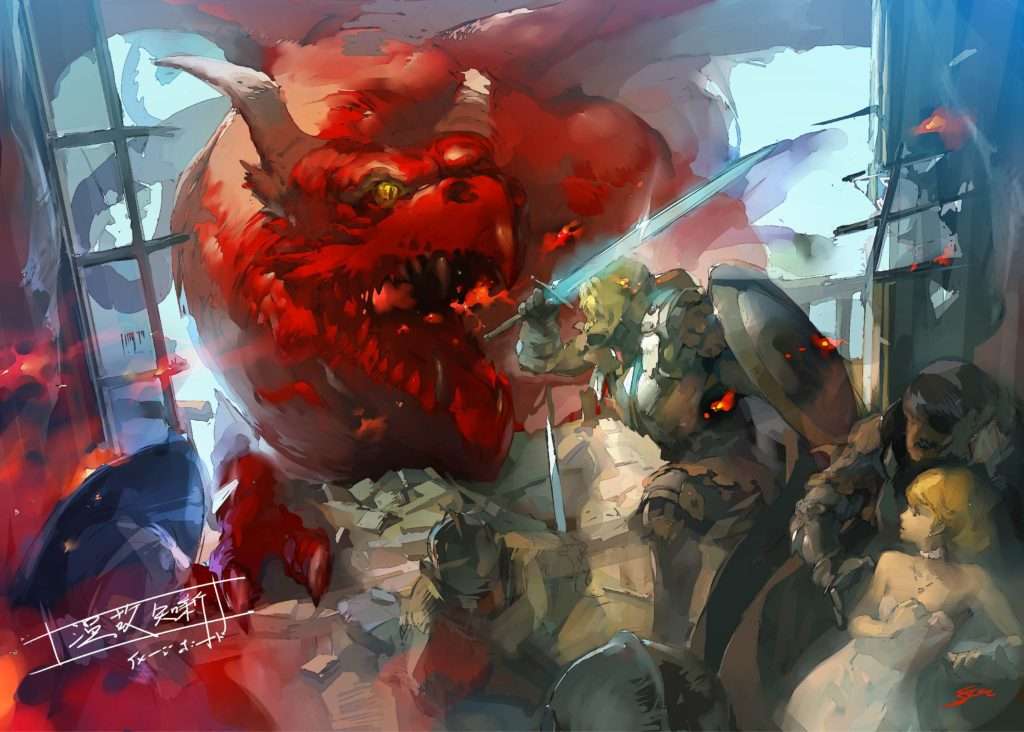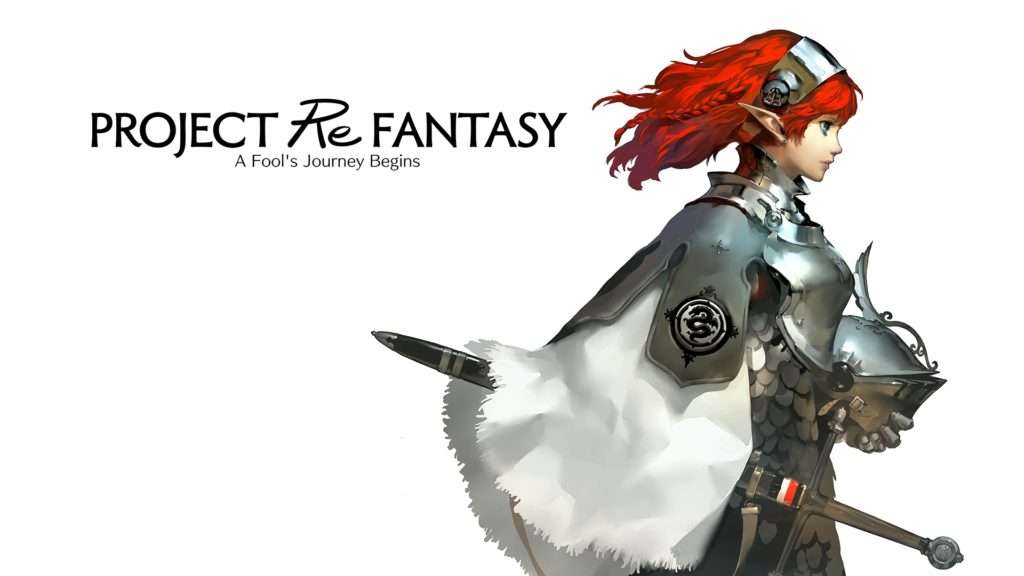Since its initial announcement in 2017 as Project ReFantasy, the anticipation surrounding Metaphor: ReFantazio has exceeded all expectations. Players like myself were excited to see what Atlus could do with a rich fantasy setting. However, initial previews looked a bit too similar to the Persona franchise. Would that hold true on the game’s release?
Developed by Atlus and published by Sega for PS4, PS5, PC, and Xbox Series systems, this title aims to establish itself as Atlus’s third major single-player RPG. Is Metaphor’s first outing a bold step forward for Atlus, or merely Persona with a new coat of paint? Let’s get lost in the fiction and find out.
Spoilers will be in a separate, marked section.
The Fiction of Metaphor: ReFantazio
Metaphor is set in the kingdom of Euchronia, a medieval fantasy realm mirroring our own. After the assassination of its king, the kingdom falls into chaos, prompting a tournament to determine the next ruler. Years earlier, an assassination attempt on the prince cursed him to fall into a long slumber. The player, Will, is a member of the magical Elda tribe and the prince’s childhood friend. Will stumbles into the tournament, kicking off a quest to rally worldwide support while seeking a way to save his friend.
At first, Atlus taking on a traditional fantasy setting with political intrigue and magic excited me. The story starts strong, with enough mystery and a breadcrumb trail of revelations to hook players. Early on, the game asks for your real name — not the protagonist’s, but yours. The game then directly asks you your thoughts on fantasy. This was intriguing and had me questioning whether Metaphor would dive into a meta-analysis of fiction itself, with the player as a key figure. Why are humans treated as mythical beings? Would the narrative explore our role in these interactive stories? Why is my name listed in this supposedly ancient text for this fictional work? It was exciting, but would this intriguing detail meet my expectations?
Metaphor: ReFantazio’s Familiar Combat
If you’ve played any recent Atlus game, the mechanics of Metaphor: ReFantazio will feel familiar. Turn-based battles are at the core of fairly standard dungeon crawling. Archetypes are the biggest change here and function similarly to a job system in other JRPGs. They’re also functionally and visually reminiscent of Personas. Complete with characters “awakening” to them in cheesy cutscenes during high-stakes moments, leading to a convenient victory. However, the Archetypes lack the vast depth and variety SMT and Persona games offer. While there’s still plenty to engage with, the customization pales in comparison to the hundreds of demons and skills found in those series.
Combat in Metaphor uses the Press Turn system from SMT, which differs from Persona’s “One More” system. Press Turn provides a shared pool of actions for all characters. Exploit a weakness, and only half a turn is used, which can then be passed to the next party member. But miss or hit a blocked element, and you’ll lose the turn and the next one. These rules apply to both sides, so a smart player could prevent an enemy from dealing any damage with the right setup. This subtle difference adds a layer of strategic depth that keeps Metaphor: ReFantazio’s combat loop engaging. However, Atlus’s signature “stylish” design adds unnecessary visual clutter, and small delays between turns detract from the pacing. They may initially seem insignificant, but add up across the 80-hour runtime.
Dungeon Diving in Metaphor: ReFantazio
One new feature is the ability to attack enemies directly on the overworld to gain an advantage in battle. If your level is high enough, you’ll instantly defeat enemies without fighting but still claim the rewards. It’s nice to see Atlus incorporating quality-of-life improvements other JRPGs have used for decades, similar to how they adopted button-based combat menus in 2017 after Super Mario RPG, which brought it to the masses 20 years prior. Meanwhile, the dungeons are mostly simplistic, offering little exploration or engagement to distinguish them from older Atlus titles. You’ll encounter stealth sections, minor environmental puzzles, and other gimmicks, but nothing innovative. One exception is a late-game dungeon we’ll touch on shortly.
Avoiding too many battles can leave you underpowered, even early on. Skipping just two rooms in the starting dungeon can lead to being outclassed by the boss at the end. This difficulty scaling comes across as padding, especially since the game doesn’t allow Archetype switching mid-battle. If a boss nullifies one of your party members’ abilities, you’ll simply have to lose, travel to the mysterious blue room, swap to what you need, and then restart the fight. Later, reserve party members can be swapped in to slightly mitigate this issue, but it’s still an annoyance.
Social Simulation in Another World
Outside of dungeons, Metaphor: ReFantazio’s social simulation and time management mechanics are similar to those in Persona. You’ll spend precious time across several days increasing personal stats, completing side quests, and deepening bonds with party members. There’s a set number of days before each major story event, but travel time factors into planning now, adding a layer of complexity. This was originally a planned feature for Persona 5, so it’s neat seeing the idea get a second chance.
As in Persona, you’ll also build relationships with NPCs inside and outside your main party. These bonds play a crucial role in powering up your Archetypes. Powering up is done through a mysterious, white-haired attendant in a blue room outside the bounds of reality. Yes, it’s almost a carbon copy of Persona’s Velvet Room.
Metaphor lacks any romance options, however, and the absence of romance options may disappoint some fans. Still, the character arcs here are generally better paced and more tightly woven into the main narrative than in Persona 5. Some party members’ stories are introduced long before they officially join you, adding to their depth and relevance to the main plot. That said, while done well in comparison to most Persona side stories, they don’t stand out from similar tales in other JRPGs. In general, these systems feel less cumbersome than Persona’s, but if you want to get the most out of Metaphor then maximizing relationships fully is still key.
Visuals, Music, and Presentation
Shoji Meguro’s musical shift from rock to orchestral suits Metaphor: ReFantazio’s fantasy setting. The score features fantastical chants and rich instrumentation, but it lacks the memorable melodic hooks of his previous work. The art style is visually striking, with a somber color palette. Unfortunately, some baffling design choices hold it back. For instance, a hideous blur filter covers most of the screen while you’re dashing through the world, detracting from the otherwise good visuals. Console players are stuck with this, though PC mods have already been made to remove it. The “stylish” UI also continues to clash with basic functionality. It’s pretty in motion but in practice wastes time and space. I’d gladly trade these menus for something more mundane if it meant everything was neatly organized, instantaneous, and utilized the full screen.
Also returning is the ever-chatty navigation character, and for Metaphor: ReFantazio, this is given to the cute fairy, Gallica. She serves the same role as Morgana/Futaba and Teddie/Rise from Persona. While they serve a purpose for those unfamiliar with RPGs, their constant commentary becomes tiresome, and the lack of a way to mute them is frustrating. It drowns out the music and essentially becomes unnecessary audio noise to accompany the visual noise. An apt comparison would be jingling keys in your face for 80 hours. To give Atlus credit where it’s due, Gallica’s characterization and connection to the story is done far better than any previous navigator. She won’t be constantly telling you to go to bed, nor is she obviously designed to be a marketable mascot character that clashes with the art style of the world. She’s completely organic to this setting and works wonderfully.
Spoilers — We’ve Read This Book Before
The most disappointing aspect of Metaphor: ReFantazio is how little Atlus allows the game to stand on its own. The game borrows heavily from past releases, not just in gameplay as mentioned above, but in story as well. A major twist reveals Euchronia is actually a post-apocalyptic version of our world. This familiar trope has appeared in other Atlus games, like Etrian Odyssey and SMT IV. The dungeon where this reveal takes place directly references Etrian Odyssey in music, layout, and even unique mechanics. Making matters worse, this could have been a perfect setup for the aforementioned meta-narrative aspect. Instead, it’s just the same old Atlus tale with no clever twist. This was so by-the-numbers for the developers that several fans accurately predicted the reveal far in advance of the game’s release.
What initially promised to be a straightforward European-style high fantasy devolves into a narrative trope we’ve seen many times before, making the entire setting feel hollow. I had hoped Atlus would let Metaphor’s setting stand on its own, without relying on the crutch of their past games. This rehashing of old ideas undermines the potential of the narrative teased earlier in the game. The familiarity extends to the gameplay as well. Atlus has proven capable of putting unique spins on familiar formulas and settings in the past — titles like Devil Survivor, which turned SMT into a tactical RPG, and Devil Summoner, which introduced hack-and-slash elements, are great examples of this. Even Persona spinoffs like Persona 5 Scramble and Persona 5 Tactica offered creative takes on established formulas. After the disappointment of Soul Hackers 2, Metaphor feels like Atlus playing it safe and sticking close to familiar ground.
Spoilers Over — Final Thoughts
Metaphor had the potential to be something new, something bold. There are flashes of brilliance, but the game ultimately languishes in the shadow of its predecessors. The combat system — building on SMT’s tried-and-true formula — remains a highlight, and my initial excitement kept me hooked for the first few days. There’s a lot to like for fans content with more of the same. Despite my deep issues with the game’s story and annoyances with the combat, I kept wanting to play, which is a testament to the quality of the battles.
However, for those like me who have played Atlus titles since the PS2 era, Metaphor feels like yet another retread. Atlus had the opportunity to deliver a groundbreaking work with the seeds planted in the opening hours. Instead, they’ve created a game that borrows too much from their past successes to stand on its own. This is the same company that gave us Catherine, a puzzle game focused on adult themes like marital obligations. Where’s that spark of originality today? Maybe I’ve just grown out of Atlus titles. But what do you think? Do you enjoy it despite these issues, or do you find it flawed? Let us know!
Let’s Chat
You made it to the end of this post! Thank you! As a token of our appreciation, enjoy an extra 5% off your next order when you use the code BLOG at checkout. Also, don’t forget to follow J-List on all our platforms!
- Twitter / X, where Peter posts anime booba for you
- Bluesky, where we post several times a day
- Facebook, where we used to share memes and discuss anime
- Discord, if you want to chat with other J-List customers of culture
Since you’re here, I’d like to show off a lovely figure we currently have for pre-order. Introducing the 1/7 scale figure of Iori from the Atlus-published 13 Sentinels: Aegis Rim. Aegis Rim is a lovely work of art brought to us by Vanillawae, and this figure captures the lush art perfectly.


